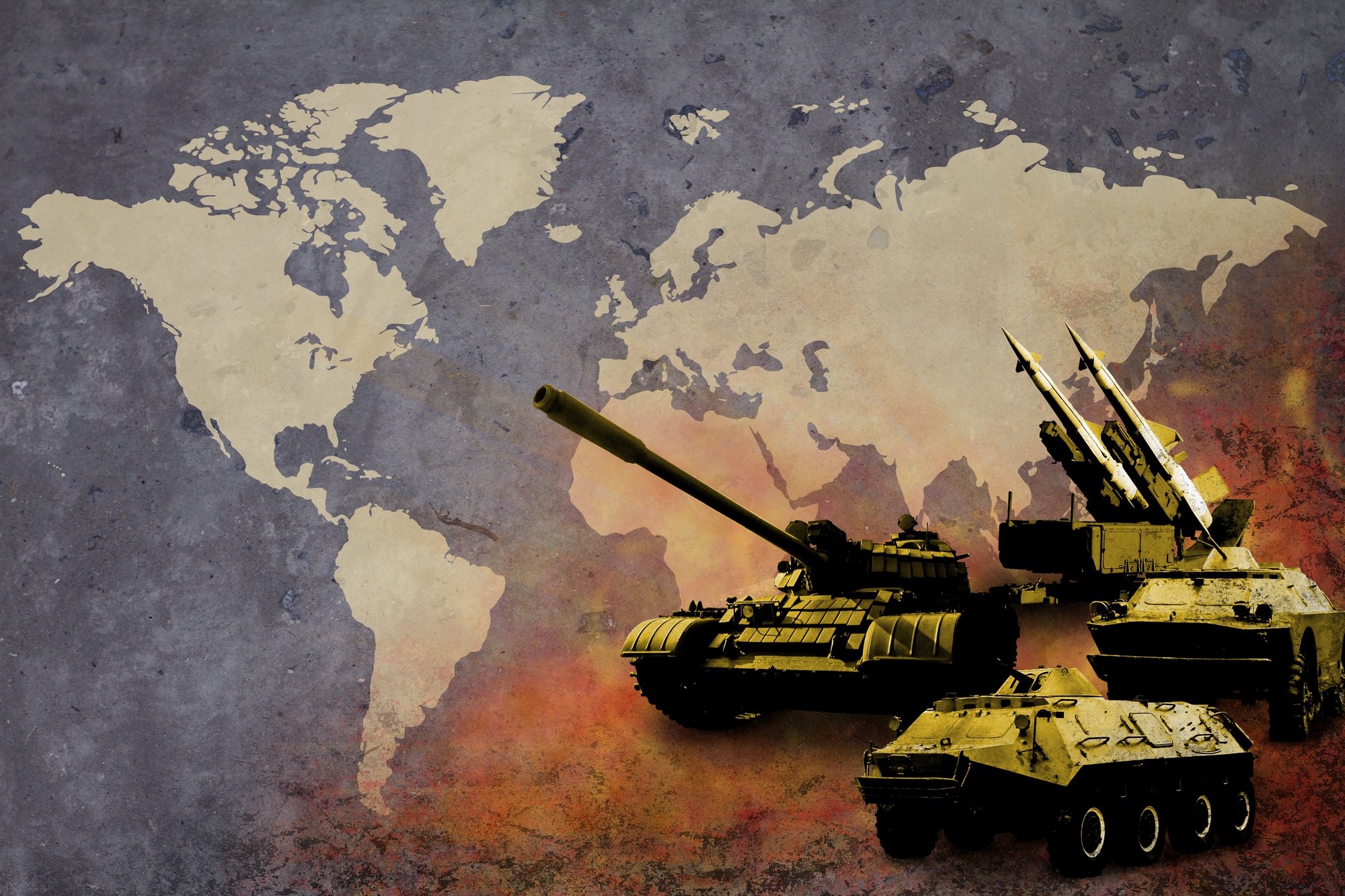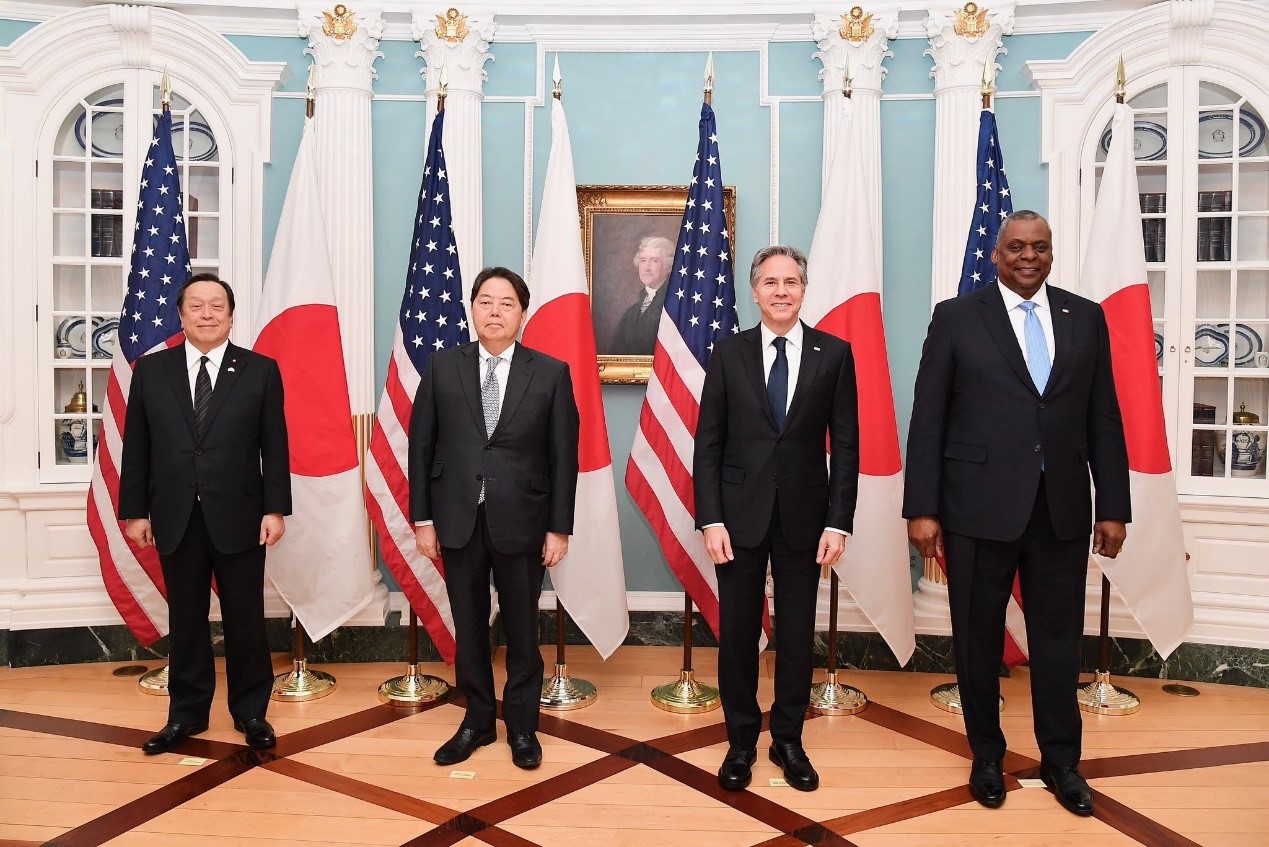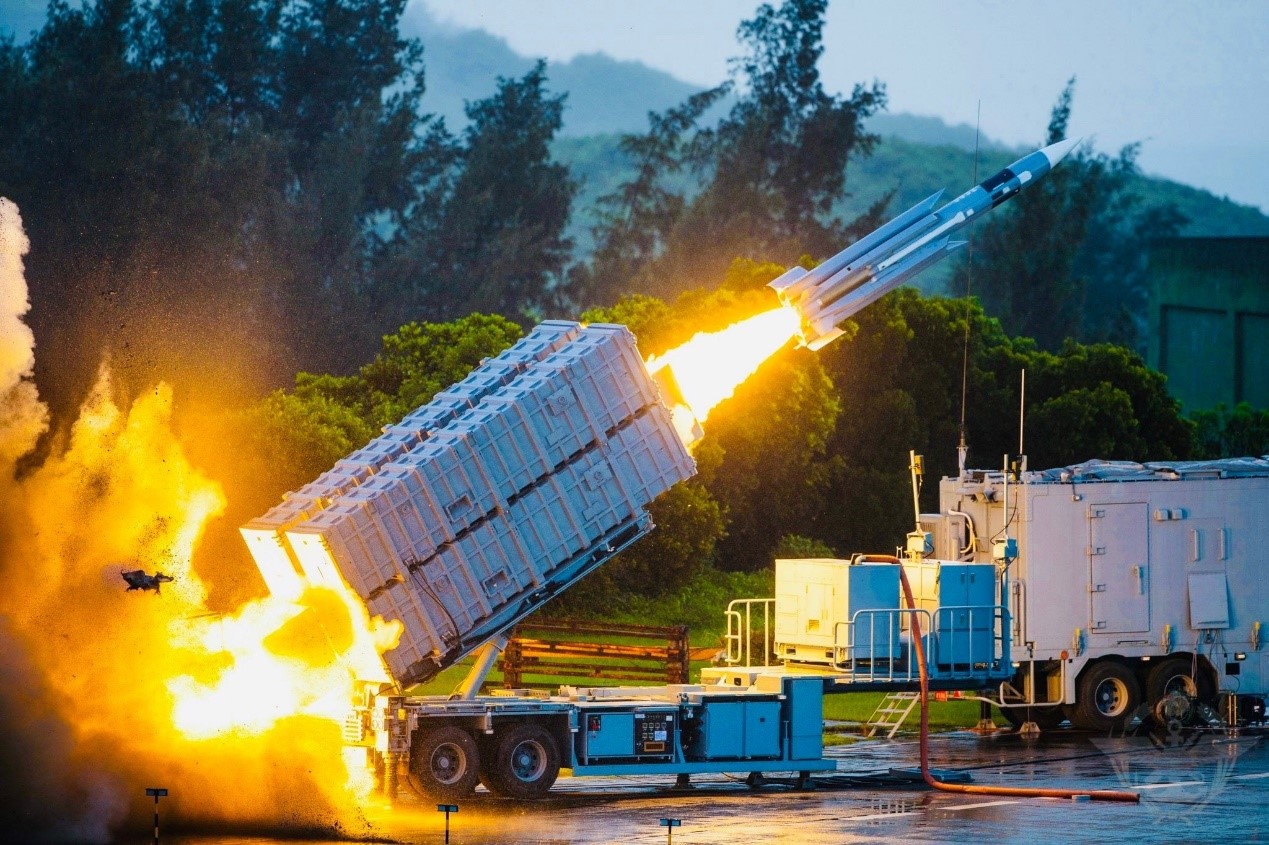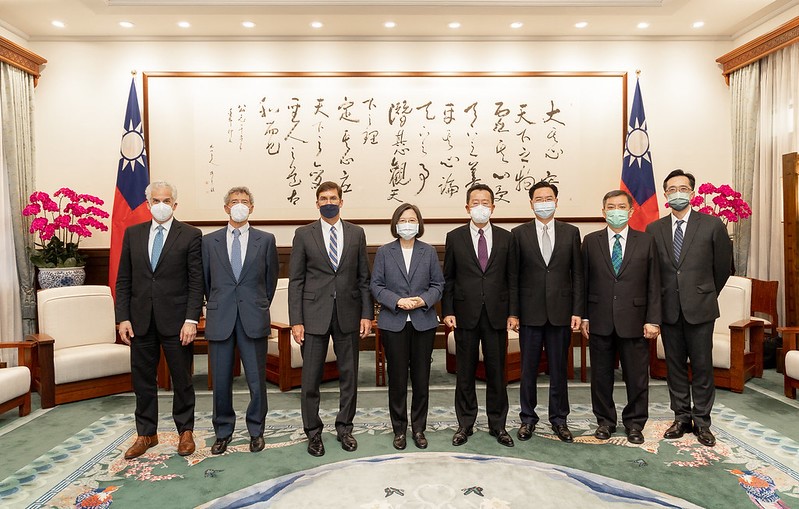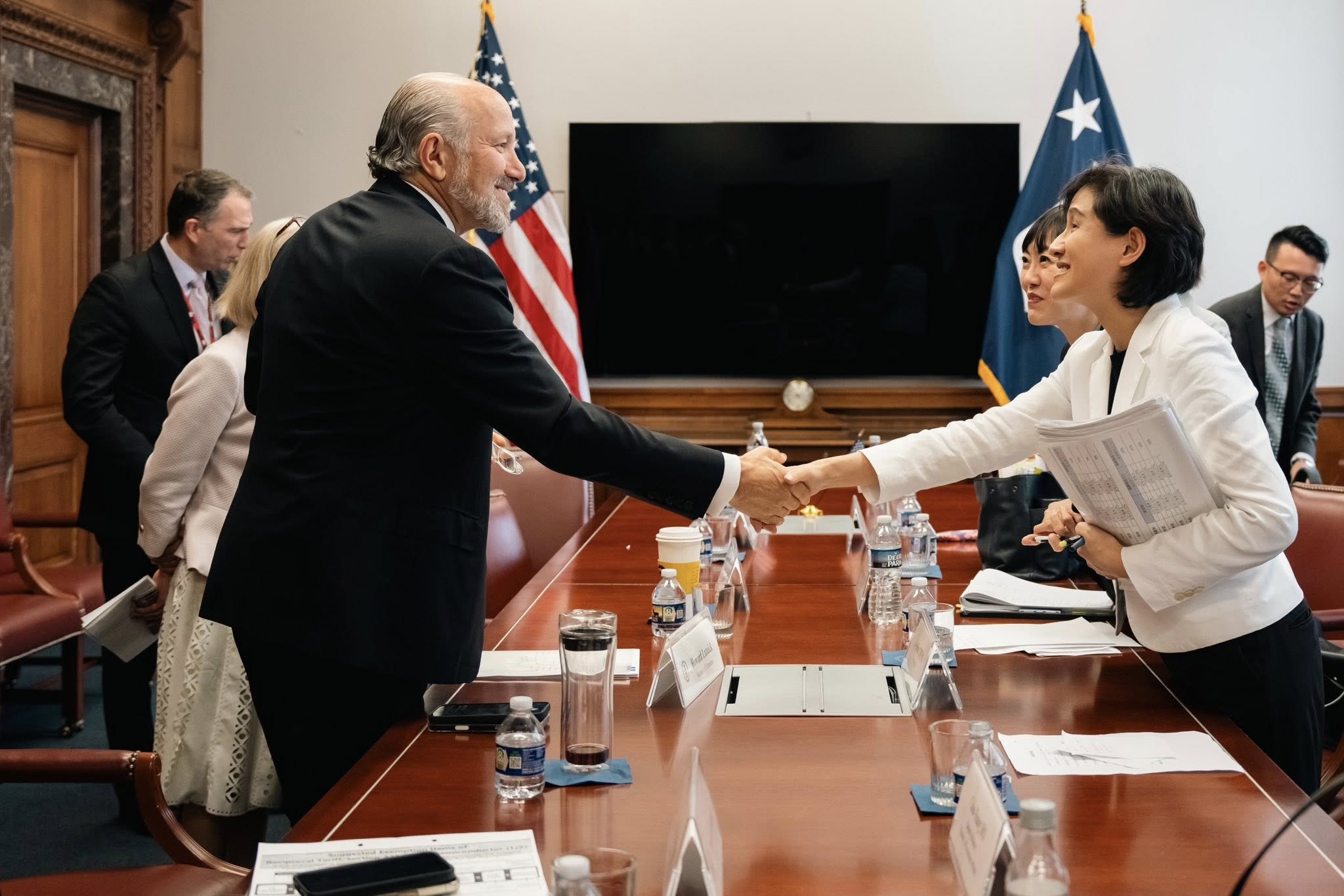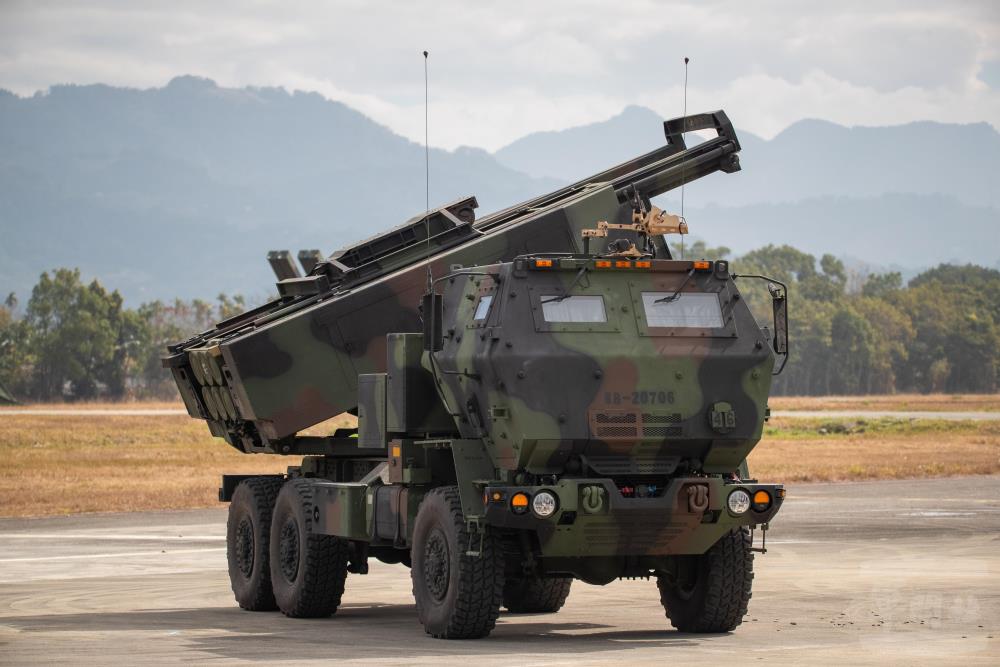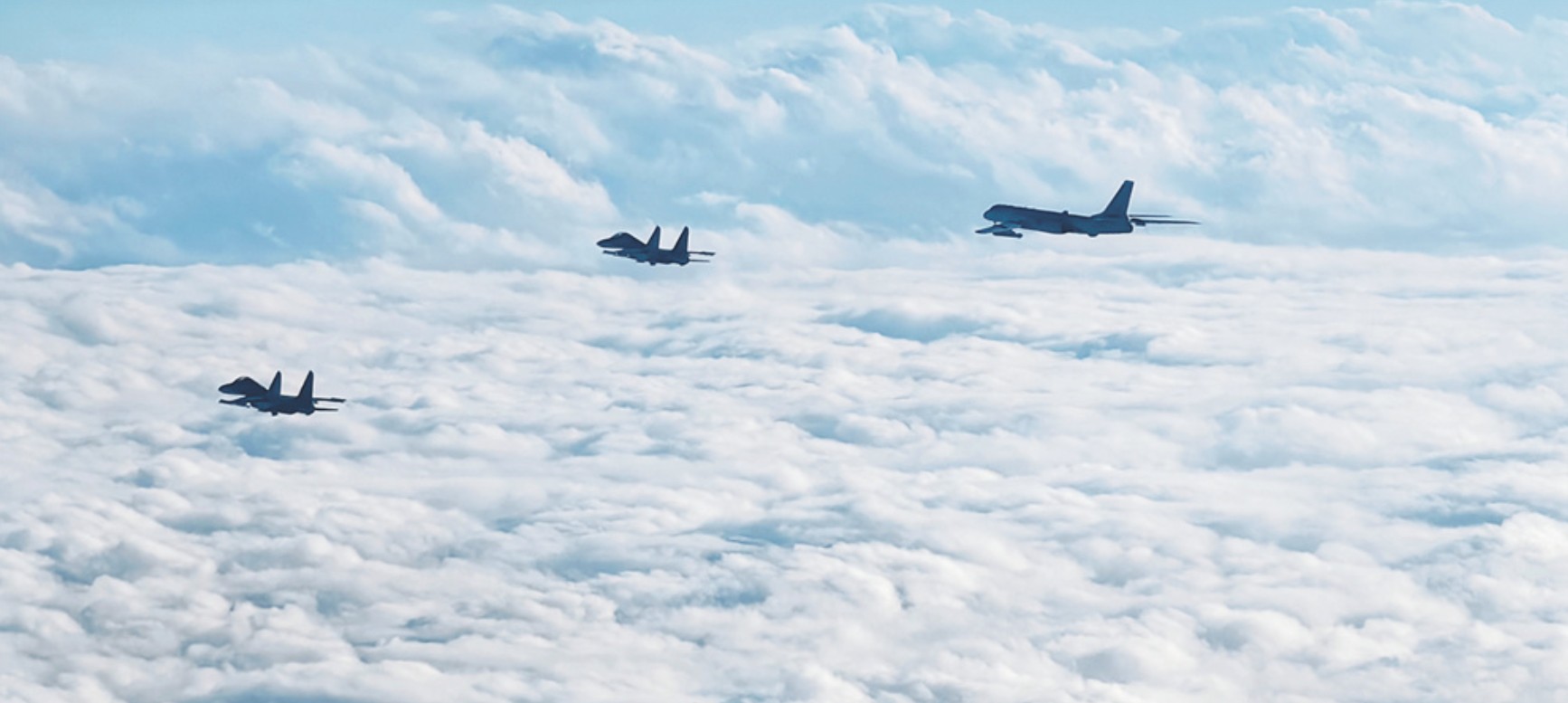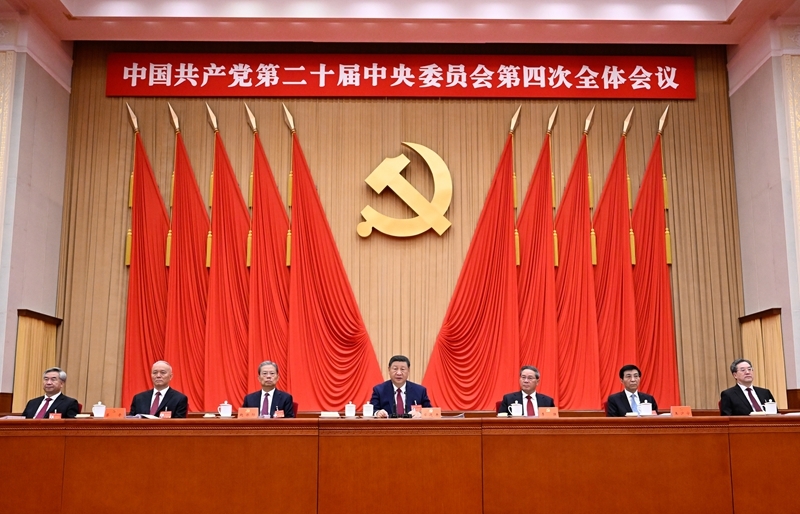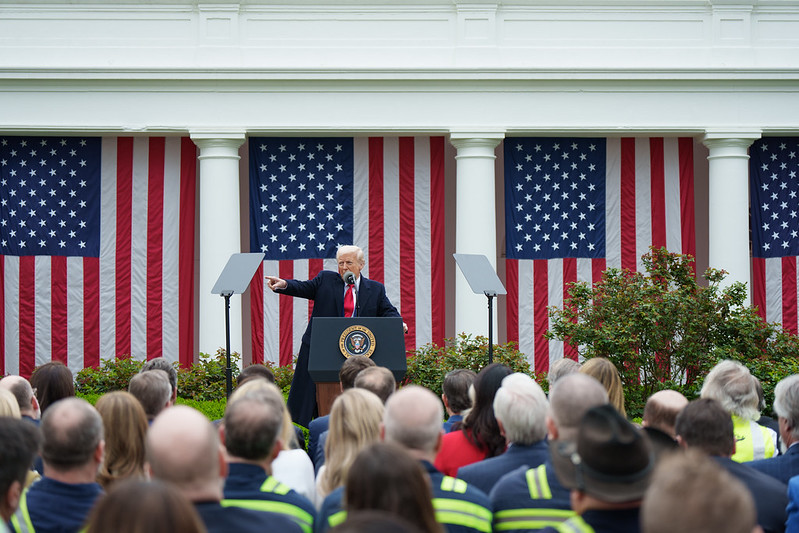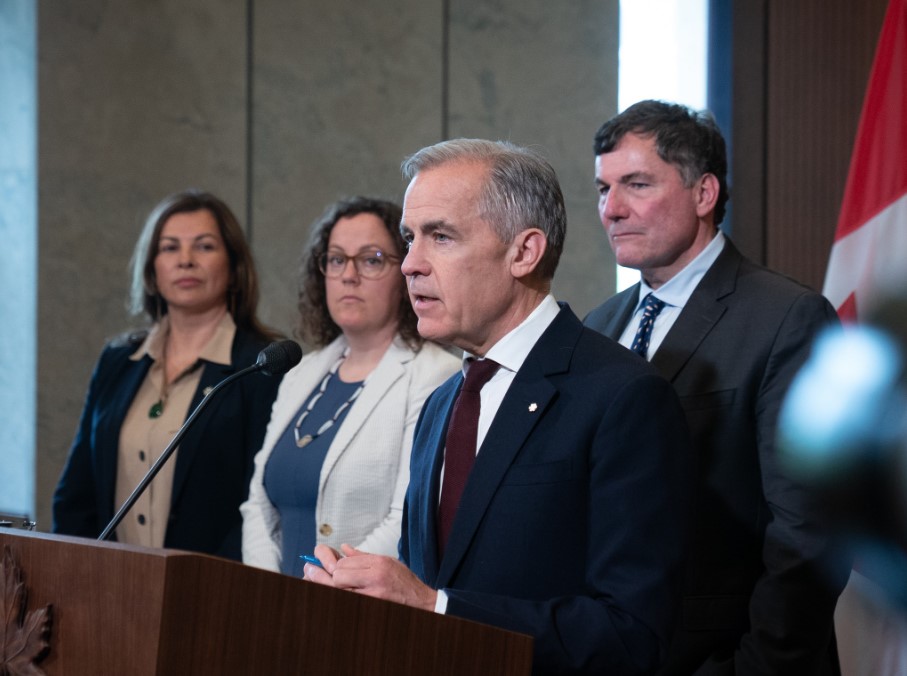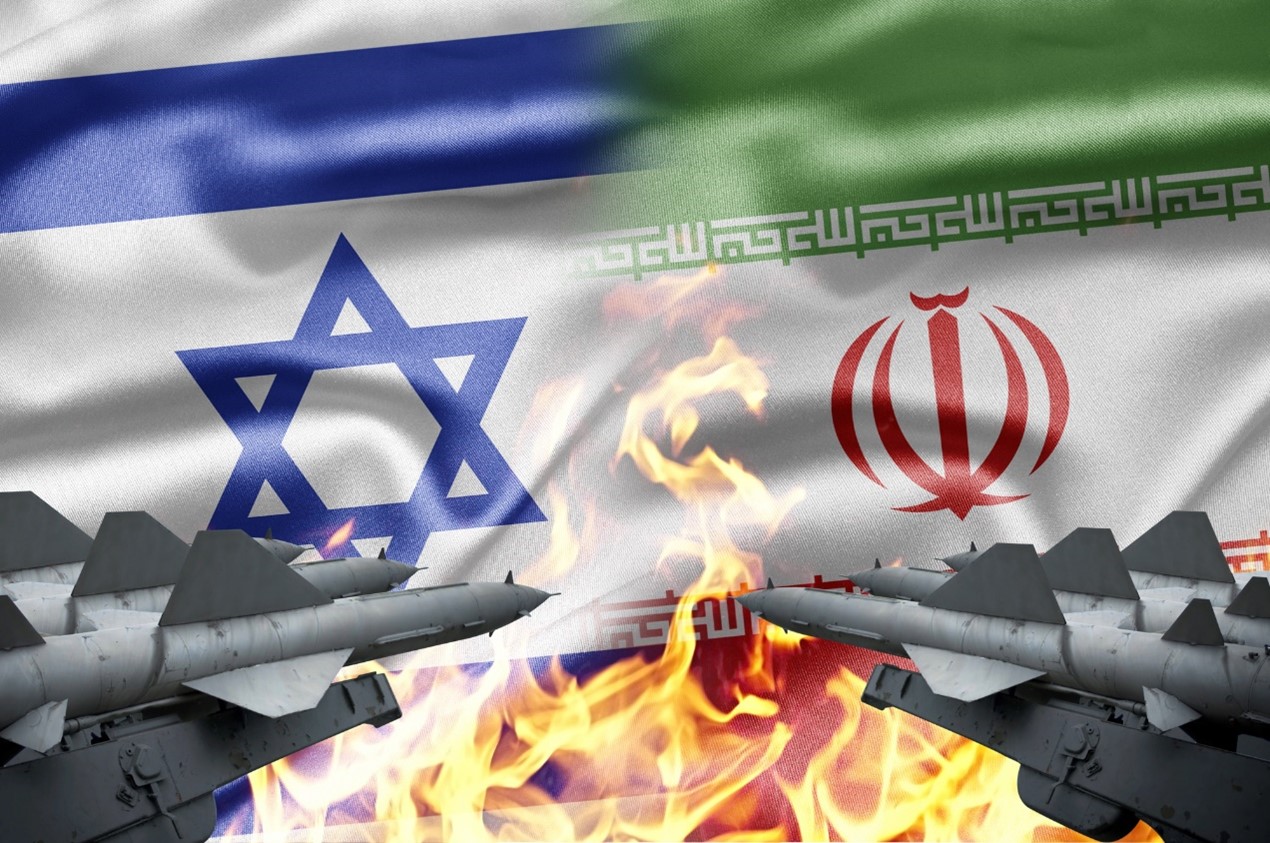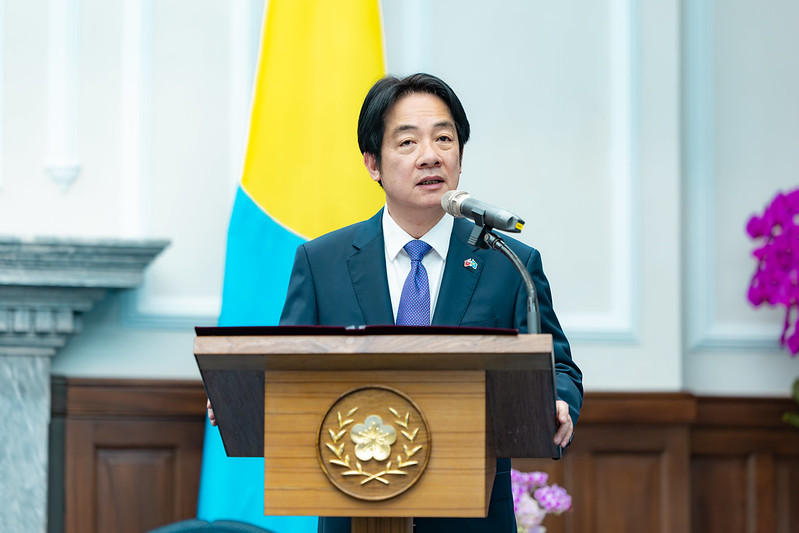In these turbulent times, it is vital for the world’s democracies to confront these challenges with both concern and courage, ready to counter the spread of autocracy, fundamentalism, and aggression. Our shared commitment to preserving freedom and democracy, and to protecting each other from autocratic aggressors, if necessary, will fortify us. Picture source: Depositphotos.
Prospects & Perspectives No. 70
Israel, Taiwan, and the Dangers of Cognitive Limbo
By Danny Orbach
In the fall of 2024, I travelled to Taiwan with a delegation from the Hebrew University of Jerusalem to discuss regional and global security issues. During one of our meetings, a seasoned Taiwanese security expert expressed his belief that China would not invade Taiwan, arguing that “it is against its interest to become isolated from the entire world.” This statement prompted my Israeli colleagues and me to exchange quick, uneasy glances. Alarmingly, it echoed the false sense of security we had experienced before the catastrophic events of October 7, 2023.
Asleep at the switch
The events of that day caught us completely by surprise. Hamas, the terrorist organization ruling Gaza, launched a devastating invasion into our country, slaughtering more than 1,200 men, women, and children. Our complacency was widespread; it had permeated academia, politicians, journalists, analysts, and most critically, intelligence officers. We had collectively underestimated the ring of Iranian proxies surrounding Israel. The presence of organizations like Hamas in Gaza, Hezbollah in Lebanon, and the Houthis in Yemen was dismissed as manageable nuisances — mere bands of militants that could be contained with sophisticated barriers, cutting-edge defensive technologies like the anti-missile Iron Dome system, and advanced surveillance and robotics.
We believed that should these groups dare to escalate their aggressions; they could be rapidly subdued. We imagined that deterrence could be restored and business as usual secured with minimal disruption to our daily lives. However, this belief was shattered on a serene Saturday morning of October 7, 2023, a day of Jewish holiday tranquility, when our smartphones began relentlessly pinging, alerting us to a sudden onslaught of Hamas rocket fire. The news that followed was inconceivable: 3,000 militants had breached our sophisticated billion-dollar border defenses, set tanks ablaze, and overran the Israeli military, which was widely regarded as the most formidable armed forces in the region. This self-assurance, veering towards complacency, had led IDF commanders to focus primarily on forestalling known threats of limited terrorist squad incursions and border fence security, leaving them utterly unprepared and undermanned to repel a full-scale invasion.
This was not an invasion by a conventional army seeking to hold ground and fight the IDF on equal terms. Such a conventional invasion, however surprising it might have been, would merely have exposed the invaders to conventional destruction, far from their civilian cover. Rather, the aim of these invaders, reminiscent of premodern raiders, was to annihilate the civilian population shielded by the IDF, terrorize the survivors, and above all destroy the bubble of modernity, safety, and self-assurance that enabled Israeli villagers and townsfolk living on the Gaza border to go on with their daily lives. By plunging them into a nightmare of medieval savagery, torture, and sexual violence, Hamas aimed at permanently driving them, and ultimately all Israelis, away from their homes. Hamas relied on hostages, an underground labyrinth of tunnels dwarfing any historical precedent, the threat of other Iranian proxies against Israel, and international aversion to the civilian casualties to protect them from meaningful retaliation. Hezbollah, the Shiite terrorist organization ruling parts of Lebanon, quickly joined the fight. However, as of November 2024, both terrorist organizations had significantly misjudged their strategies, much like Israel did. Over a year into the conflict, Hamas was greatly weakened — Gaza lay in ruins and its governmental structure was barely functional, yet it still held 101 Israeli hostages. Despite intense international pressure, including comprehensive arms embargoes and ICC arrest warrants, as well as domestic pressures from opposition groups and families of the hostages who demanded negotiations, the Israeli government continued its military operations against Gaza. The memory of the October 7 massacre was still fresh, and most of the Israeli public was not prepared to ease its stance on Hamas, regardless of the consequences.
Hezbollah’s turn came in September. In a strategic shift, Israel initiated a series of unexpected assaults, starting with the notable pager operation, which effectively decapitated Hezbollah’s command structure and leadership, including its secretary general, Hassan Nasrallah. By late November 2024, Israel knocked Hezbollah out of the fight, compelling it to accept demeaning ceasefire terms and significantly weakening its position within Lebanon. On November 29, seizing the moment of weakness, Syrian rebels attacked Hezbollah and Iran’s allies, the Assad regime forces in Aleppo, Syria, exacerbating the crisis and further weakening the Iranian axis. And yet, despite the tide eventually being turned in its favor, Israel too is grappling with deep pain and trauma, conflict with the ICC and many of its allies, a deteriorating economy and extensive devastation across its northern and some southern regions.
Conceiving the inevitable
All this could have been avoided had Israeli leaders, and more generally Israeli society, been prepared to fully conceive the inconceivable — and prepare accordingly, not merely in a military sense, but emotionally, on that fateful day of October 7. It was this emotional disconnect from the looming threat, more than any pinpoint intelligence failure, or even failure of leadership that opened the gateway to hell.
The narrative of complacency amidst looming threats was not unique to Israel; Ukraine shared a similar tale of unforeseen calamity. Despite being engaged in conflict with Russian forces along its eastern borders since 2014, the residents of Ukraine’s large, modern, and cosmopolitan cities like Kyiv and Odessa were caught off-guard by the full-scale invasion. My visit to Kyiv, a mere two years before the onslaught, left me with memories of a vibrant city, alive and teeming with the same vitality one might find in London, Rome, or Tokyo. The daily bustle of its citizens carried an undercurrent of awareness that something ominous was brewing, yet there was a collective disbelief that the turmoil would extend to their doorsteps, reserved instead for distant countrymen in the disputed East Ukrainian provinces.
This denial echoes the narrative in Albert Camus’ The Plague, where the populace convinces itself that disaster will only befall the marginalized areas on the fringes of their community. This illusion led the Ukrainian government to refrain from mobilizing reserves before the Russian military’s devastating invasion, which unleashed a horrifying wave of butchery, looting, and destruction in its wake.
I still recall the shock of witnessing Kyiv, a city I knew intimately and cherished for its “normalcy,” transform into a war-torn landscape, indistinguishable from the ravaged scenes in Gaza, Beirut, or Aleppo. These cities, too, once epitomized “normality” before being plunged into chaos with the outbreak of war. Our concept of normality, it turns out, is as fragile as a delicate glass vessel, hanging by a thread far more tenuous than we ever imagined. The boundary between our safe, routine existence and a war zone is alarmingly thin. We live with an insufficient fear of the abruptness with which our world can unravel, leaving us exposed to realities we are ill-prepared to confront.
The cognitive limbo
Then, as mentioned in the beginning of this article, my interactions in Taipei bore an unsettling resemblance to the atmosphere of pre-war Kyiv or the Israeli towns on the Gaza border, a city teetering on the brink of conflict yet somehow distant from the immediacy of its own peril. Conversations with a diverse array of individuals, from eager young students to seasoned security professionals, all converged on the same ominous expectation: an impending invasion by China. There was a consensus that Washington’s once-reliable umbrella of protection could no longer be taken for granted. Xi Jinping’s bolstered self-assurance and his public musings on resolving the “Taiwan problem” only heightened the sense of inevitability surrounding Taiwan’s geopolitical fate.
Yet, despite this widespread anticipation of conflict, there exists a palpable disconnect between intellectual acknowledgment and emotional preparedness. The people of Taiwan, much like those in pre-war Kyiv and Israel, find themselves caught in a cognitive limbo where the prospect of invasion is understood yet not fully internalized. The knowledge of a looming threat resides within their minds, but the visceral fear necessary to galvanize concrete imagination and response is conspicuously absent. We know as much as we need, but we do not fear enough.
Unfortunately, the free world — including nations like Israel, Ukraine, and Taiwan, which stand on the perilous frontlines against forces of terror and dictatorship — is paralyzed not only by fear but also by its internal political divisions. Democratic institutions, built on the principle of checks and balances, are designed to maintain harmony among diverse societal interests. This structure prevents any one group from wielding excessive power or making decisions that disregard the common good. However, the current political landscape (think for example on the U.S. Congress) starkly contrasts these ideals. The rise of identity politics and the pursuit of support from core constituents — intensified by the polarizing influence of social media — has propelled politicians into a perpetual state of conflict, prioritizing confrontation over consensus. Consequently, the very mechanisms intended to safeguard democracy by fostering thoughtful deliberation now inadvertently obstruct and sometimes paralyze the decision-making process.
This unintended consequence of democratic governance is sharply contrasted by autocratic regimes, such as those in China, Russia, North Korea, and Iran, which, unencumbered by procedural constraints, can act with greater speed and decisiveness. This agility may lead them to rushed, reckless and disastrous decisions, like Hamas’ attack on October 7, 2023, but it also gives them a strategic advantage in the global arena, challenging the efficacy and responsiveness of democratic systems. Autocracies are increasingly tempted to challenge the democratic order, evidenced by Putin’s aggression in Ukraine, Iran’s boldness in the Middle East, the Houthis’ threats to global shipping routes, Kim Jong Un’s provocations towards South Korea and Japan, and China’s assertive actions in the South China Sea, as well as its posture towards the Philippines, Japan, and Taiwan.
The dissolution of the Soviet Union and China’s shift towards a market economy, albeit state-controlled, were once hailed as the “end of history” in the 1990s. However, the abandonment of strict ideological adherence has granted these former Communist regimes greater international flexibility, including forming alliances with other autocratic, anti-status quo powers such as theocratic Iran. This dynamic poses a unique challenge to democratic societies, which now lack a unifying external threat to rally against and mobilize their political will.
Viewing contemporary conflicts in Gaza, Ukraine, and the Taiwan Straits as isolated incidents is both understandable and dangerously misleading. Historical perspectives often obscure the interconnected nature of seemingly disparate events. Recall that World War II initially unfolded as a series of isolated conflicts. While traditional narratives mark the onset of World War II with Nazi Germany’s invasion of Poland in September 1939, it was initially nothing but a regional conflict in Europe, running parallel to the Second Sino-Japanese War that broke out in 1937 and the Soviet-Finish wars of 1939-1940. It wasn’t until Hitler’s invasion of the Soviet Union in June 1941, and Japan’s subsequent attack on Pearl Harbor, that these separate conflicts merged into a global conflagration.
Today, similar warning signals are emerging across various global hotspots. The unresolved conflict in Ukraine, the escalating war between Israel and the Iranian Axis, and the precarious situation in the Taiwan Straits may appear localized, yet they possess the potential to trigger a broader global conflict. The involvement of major powers such as Russia, the United States, and China in these disputes underscores the risk of an interconnected global crisis. The re-election of Donald Trump introduces an additional layer of unpredictability into this already volatile equation. It is hoped that the President will channel his characteristic assertiveness and propensity for unexpected actions more towards adversaries like China, Iran, and Russia, rather than towards longstanding allies.
In these turbulent times, it is vital for the world’s democracies to confront these challenges with both concern and courage, ready to counter the spread of autocracy, fundamentalism, and aggression. The unity among the free peoples of the world — from Jerusalem to Kyiv, Tokyo to Seoul and Taipei — is crucial. Only through collective resilience and solidarity can we hope to navigate and mitigate the complexities of the contemporary geopolitical landscape. Our shared commitment to preserving freedom and democracy, and to protecting each other from autocratic aggressors, if necessary, will fortify us.
Since the shadows of Nazism, Fascism, and Soviet Communism have passed, new specters have emerged. These threats, though often denied by those wishing to maintain the status quo, are tangible and dangerous. We must confront these challenges head-on and prepare our societies to respond effectively. This proactive stance is not just about military or political readiness — it’s about cultivating a societal resilience that can withstand the trials of an increasingly uncertain world.
(Danny Orbach is Associate professor in general history and East Asian studies at the Hebrew University of Jerusalem.)


